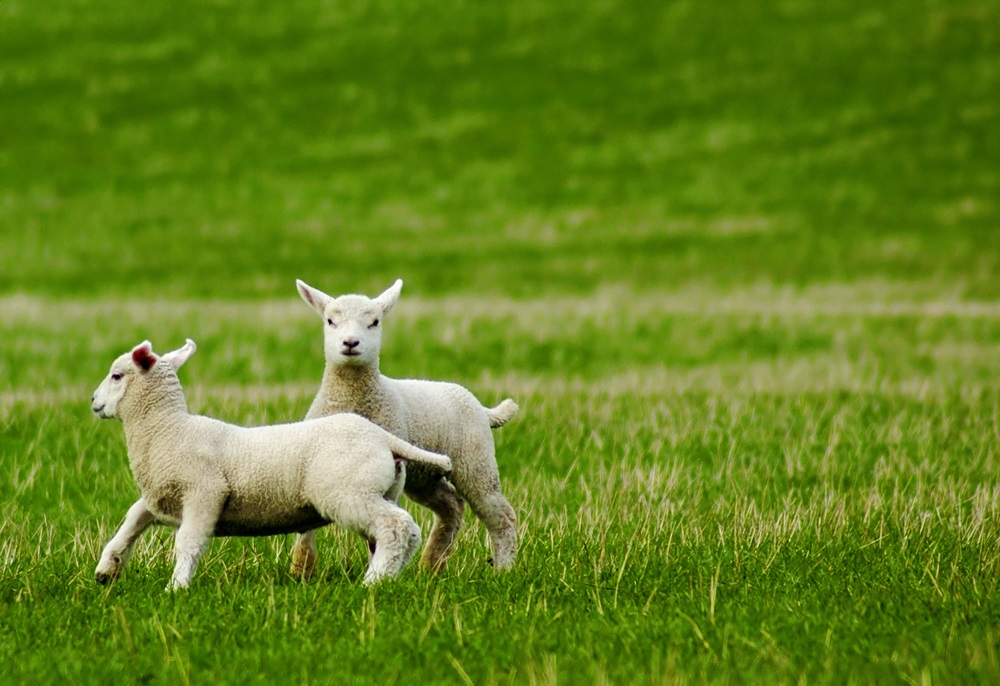Introduction
Animal welfare is a fundamental aspect of Islamic teaching, emphasizing compassion, mercy, and responsible stewardship. As the global demand for Halal products increases, it is essential for the Halal industry and consumers to align their practices with these ethical principles. This article explores the concept of animal welfare in Islam and outlines measures the Halal industry and its consumers can adopt to ensure humane treatment of animals.
Animal Welfare in Islamic Teachings
Islamic teachings prioritize the humane treatment of animals, viewing them as part of God’s creation deserving respect and care. Several key principles highlight this stance:
- Compassion and Mercy: The Qur’an and Hadiths (sayings of Prophet Muhammad, peace be upon him) repeatedly emphasize kindness towards animals. The Prophet Muhammad (pbuh) said, “Whoever is kind to the creatures of God is kind to himself” (Bukhari).
- Prohibition of Cruelty: Islam strictly prohibits unnecessary harm and cruelty to animals. The Prophet Muhammad (pbuh) narrated the story of a woman who was punished for starving a cat to death and contrasted it with the story of a man forgiven for providing water to a thirsty dog (Bukhari, Muslim).
- Proper Care: Animals must be given adequate food, water, shelter, and medical care. Neglecting these needs is considered sinful.
- Ethical Slaughter: Halal slaughter (Dhabihah) involves specific guidelines aimed at minimizing pain and distress. The animal must be healthy, the slaughter must be performed with a sharp knife to ensure a swift death, and the name of Allah must be invoked during the process i.e saying Bismillah (In the name of Allah) at the time of slaughter.
Challenges in the Halal Industry
Despite the clear guidelines, the Halal industry faces challenges in consistently implementing these principles due to:
- Mass Production: Industrial-scale farming often prioritizes efficiency over welfare, leading to overcrowding, poor living conditions, and inadequate care.
- Regulatory Variations: Different countries have varying standards for animal welfare and Halal certification, leading to inconsistencies.
- Consumer Awareness: Many consumers are unaware of the conditions in which Halal animals are raised and slaughtered.
Ensuring Animal Welfare in the Halal Industry
To align the Halal industry with Islamic principles of animal welfare, several measures can be implemented:
- Strict Adherence to Islamic Guidelines: Ensure that all practices from rearing to slaughter align with the ethical guidelines laid out in Islamic teachings. This includes providing animals with adequate living conditions, proper nutrition, and humane handling.
- Certification and Regulation: Establish and enforce comprehensive animal welfare standards within Halal certification processes. Certifying bodies should conduct regular inspections to ensure compliance.
- Training and Education: Educate farmers, handlers, and slaughterhouse workers about animal welfare and ethical treatment. Proper training can significantly reduce the stress and suffering of animals.
- Transparency and Traceability: Implement systems that allow consumers to trace the origin of their Halal meat and verify the welfare standards under which the animals were raised and slaughtered. Transparency builds trust and accountability.
- Consumer Responsibility: Consumers play a crucial role by demanding higher welfare standards. Choosing products that are certified by reputable organizations with stringent welfare criteria can drive industry-wide improvements.
- Innovative Solutions: Explore and adopt new technologies and practices that enhance animal welfare, such as improved transport methods, better farm management practices and strictly follow humane Sunnah Dhabihah technique.
Conclusion
Animal welfare is deeply embedded in Islamic teachings, calling for compassion, care, and ethical treatment of animals. The Halal industry, alongside informed and conscientious consumers, has the responsibility to uphold these values. By adhering to Islamic principles, implementing stringent welfare standards, and fostering transparency, the Halal industry can ensure that the humane treatment of animals remains a cornerstone of Halal integrity. Through these collective efforts, the spirit of mercy and compassion that Islam advocates can be fully realized in the production of Halal food.

